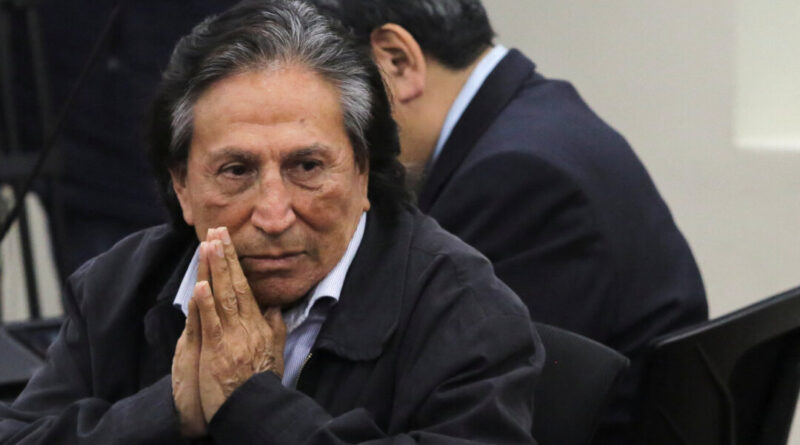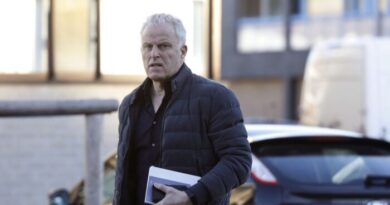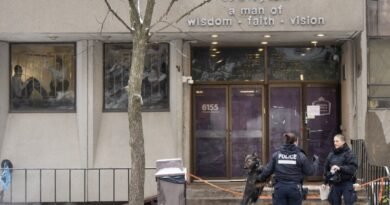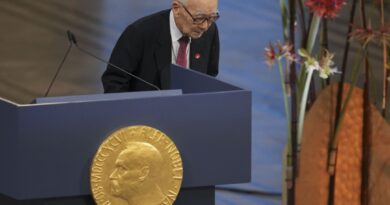Former President of Peru, Alejandro Toledo, found guilty of accepting bribes and sentenced to 20 years in jail
LIMA—Peruvian former President Alejandro Toledo was convicted of taking bribes from Brazilian construction giant Odebrecht and sentenced to 20 years and six months in prison on Monday.
The verdict marks Peru’s first high-profile conviction related to Brazil’s continent-spanning Lava Jato corruption scandal.
Toledo, a 78-year-old economist who holds a doctorate from Stanford University, governed the Andean nation between 2001 and 2006.
He was convicted of taking $35 million in bribes from the company formerly known as Odebrecht, according to prosecutors, in exchange for letting it win a contract to build the road that now connects Peru’s southern coast with an Amazonian area in western Brazil.
During the year-long trial, Toledo denied the money-laundering and collusion charges.
Odebrecht, now known as Novonor, was at the center of Latin America’s largest graft scandal, after admitting in 2016 that it bribed officials in a dozen countries to secure public works contracts.
Last week, Toledo asked the court to let him serve his sentence at home as he battles cancer.
“Please let me heal or die at home,” he said.
The sentence was announced in a room set up in a small Lima prison where Toledo has been detained since last year.
Former President Pedro Castillo is also being held there as he faces allegations of “rebellion” after trying to dissolve Congress in 2022.
Two other ex-presidents, Pedro Pablo Kuczynski and Ollanta Humala, are also being investigated in the Odebrecht case.
Toledo, who famously shined shoes as a child, was arrested in the United States in 2019 after officials in Peru requested his extradition.
Prosecutors relied on testimony from former Odebrecht executive Jorge Barata as well as Toledo’s ex-collaborator Josef Maiman, who said Toledo received bribes.
The former president signed the contract with Odebrecht for the construction of the road, though building it took place over two subsequent administrations.
By Marco Aquino





